Let us discuss a scenario that faces a high number of retirees and soon-to-be-retirees all over the country. You have spent years saving for your retirement and you have made smart decisions about using the power of RRSPs to accumulate a significant nest egg.
But now you’re unsure about how best to get income from your investment portfolio as your retirement day comes ever closer. In terms of your RRSP investments, as a decision must be made before the last day of the year during which the account holder turns 71.
The most common practice is to let RRSP investments grow untouched until the income is needed to meet retirement lifestyle expenses. Hopefully you’re in a position where you have other investments and income streams to meet your retirement income needs so that you can continue to let your RRSP savings grow tax-deferred for as long as possible. When the day finally arrives that you need to begin withdrawing income from your RRSP investments, there are a number of different options. Here are some of the choices available to you.
Transfer Your Funds to an RRIF - You might consider transferring the funds from your RRSP to a Registered Retirement Income Fund, otherwise known as an RRIF. This will allow you to determine individually how much you are able to withdraw every year (the Canada Revenue Agency sets a minimum amount). There is no set maximum amount which you can withdraw, which means that unless you’re careful you might find yourself burning through your retirement funds too quickly.
Purchase an Annuity - If you decide to buy an annuity, you’ll be guaranteed an income that lasts either through to age 90 or for life depending on the type you select. A joint life annuity provides income for both parties for life, while a single life provides funds for the duration of a single life. If a recipient of this income dies sooner than expected, there can be provisions in place to guarantee continued payments for a given period of time.
This annuity can guarantee income with no requirements of investment management over time. That being said, you will be unable to make income adjustments or large withdrawals with this method.
Take a Lump Sum - One option is to withdraw the entirety of your RRSP savings or a large percentage of it all at once. This is not an ideal choice as the income will be fully taxed in the year the money is withdrawn.
Combine Your Options - One thing that’s important to remember is that you aren’t required to choose only one of the options listed above. You can mix and match options based on your individual needs. For example, you might decide to use an annuity to meet the daily costs of your life and then use a RRIF to provide available cash for emergencies, investments and trips.
Whatever you decide, you should consult the services of a professional financial advisor to ensure that your RRSP funds are used effectively and responsibly to ensure that they work for you in the long-term.
Want help with your RRSP income?
Contact our office!
© 2016 Life Letter. All rights reserved. For informational purposes only and is based on the perspectives and opinions of the owners and writers only. The information provided is not intended to provide specific financial advice.. Readers are advised to seek professional advice before making any financial decision based on any of the ideas presented in this article. This copyright information presented online is not to be copied, or clipped or republished for any reason. The publisher does not guarantee the accuracy and will not be held liable in any way for any error, or omission, or any financial decision.


